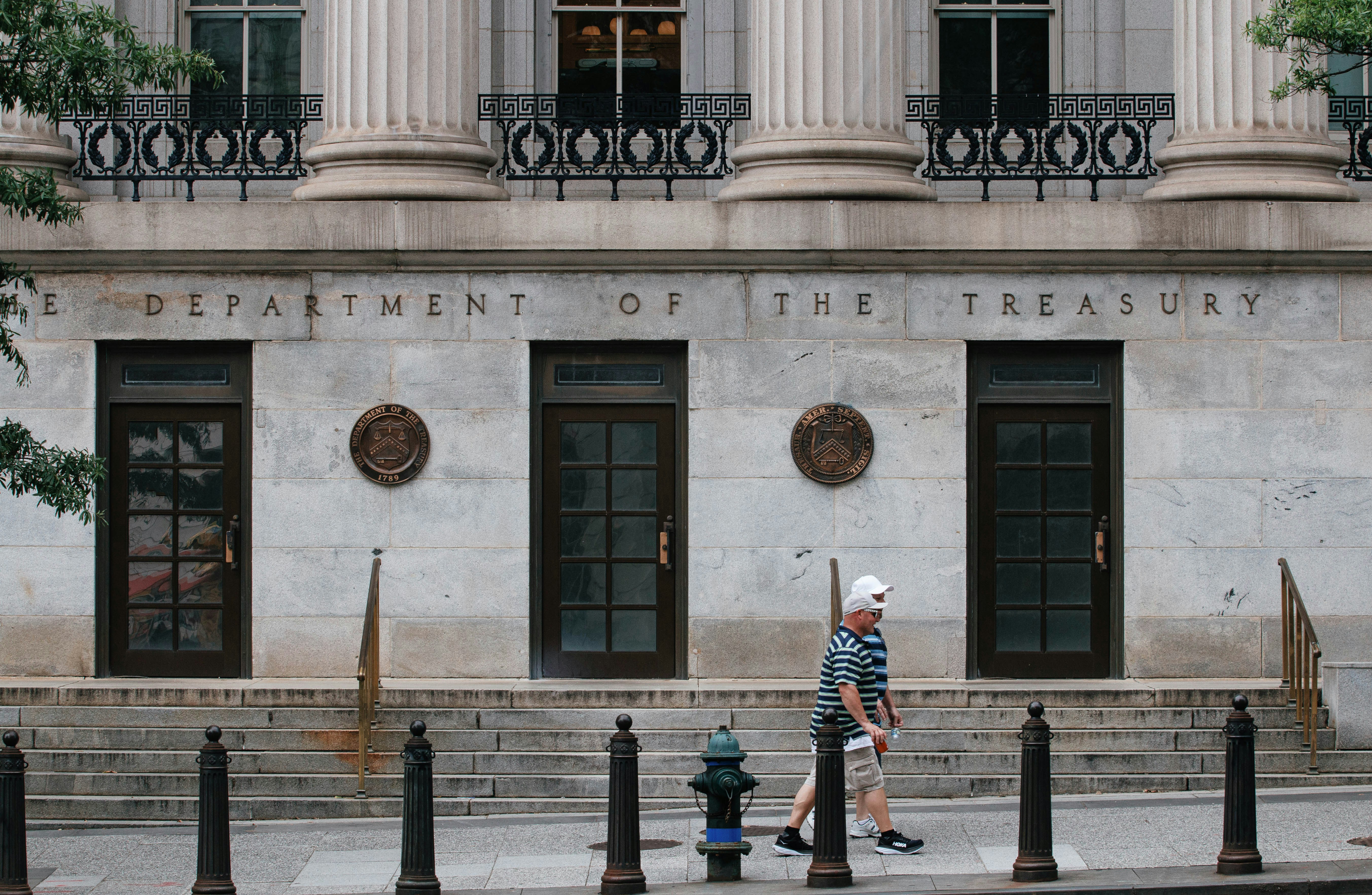CFPB: Large Banks, but Not Large Credit Unions Eliminating NSF Fees
Agency report comes as Biden Administration renews ‘junk fees’ campaign.

.jpg)
While many of the nation’s largest banks have eliminated Non-Sufficient Funds (NSF) fees, the same cannot be said for the largest credit unions, the CFPB reported Wednesday.
Nearly two-thirds of banks with more than $10 billion in assets have eliminated NSF fees, the agency said. But only four of the 20 credit unions with more than $10 billion assets have eliminated the fees.
The CFPB data was released as the Biden Administration renewed its high-profile campaign to eliminate so-called “junk fees.”
“People are tired of being taken advantage of,” President Biden said Wednesday at a White House event held to highlight the administration’s efforts. “They’re tired of being taken for suckers.”
New Guidance Issued
On Wednesday, the CFPB issued guidance and an accompanying advisory opinion intended to crack down on the ability of credit unions and banks with more than $10 billion in assets to charge consumers for routine requests, such as printed copies of their statements.
“Charging a competitive price for a legitimate service make sense,” CFPB Director Rohit Chopra said. “But charging junk fees for basic customer responsiveness doesn’t.”
“Today’s guidance explains how the CFPB will administer the legal requirement for large banks when it comes to customer service, including how the CFPB will evaluate fees imposed on customers for making reasonable requests, such as seeking original account agreements or information about recurring withdrawals from an account,” the CFPB said.
Reasons for Crackdown
The agency said large credit unions and banks now frequently rely on standardized processes rather than human interactions to handle requests.
“They are more likely to have to navigate a phone tree in the hope of speaking to the right person in a call center, to have to search through largely irrelevant material on a web site to try to find the information they need, or to have to attempt to get a clear answer from a chatbot,” the agency said, in explaining the reason for the guidance.
Chopra was blunt in his criticism of the financial services industry.
“Instead of investing to develop new and innovative products and services, they’re devoting their energy to come up with new ways to trick us – or even force us – to pay billions of dollars each year in junk fees,” Chopra said. “Even when a service is legitimate, junk fees often far exceed the actual cost, because the company figures out how to sidestep meaningful competition.”
Proposed Rule Coming
As part of the administration’s campaign, the CFPB is expected later this month to unveil its long-awaited plan to allow consumers to transfer their financial data from one institution to another. The administration said that proposal would serve to increase competition in the financial services industry because it would allow consumers who do not like fees charged by one institution to easily choose another credit union or bank.
Credit union trade groups have railed against the Biden Administration’s use of the term “junk fees.”
Exceeding Authority?
On Wednesday, NAFCU Senior Vice President of Government Affairs Greg Mesack accused the agency of exceeding its authority in issuing the guidance on cracking down on charges for what the agency called “routine” requests.
"The bureau is enacting a substantial policy change while making a mockery of the [regulatory process] that was created to protect Americans from regulatory overreach – mandating solutions to nebulous problems without seeking input from the public or affected stakeholders,” Mesack said. “This is why Congress needs to reform the CFPB and ensure there are proper checks and balances in place to hold the bureau accountable to its mission and proper processes."
A CUNA official also criticized the agency guidance.
CFPB

















.jpg)
.jpg)
.jpg)





